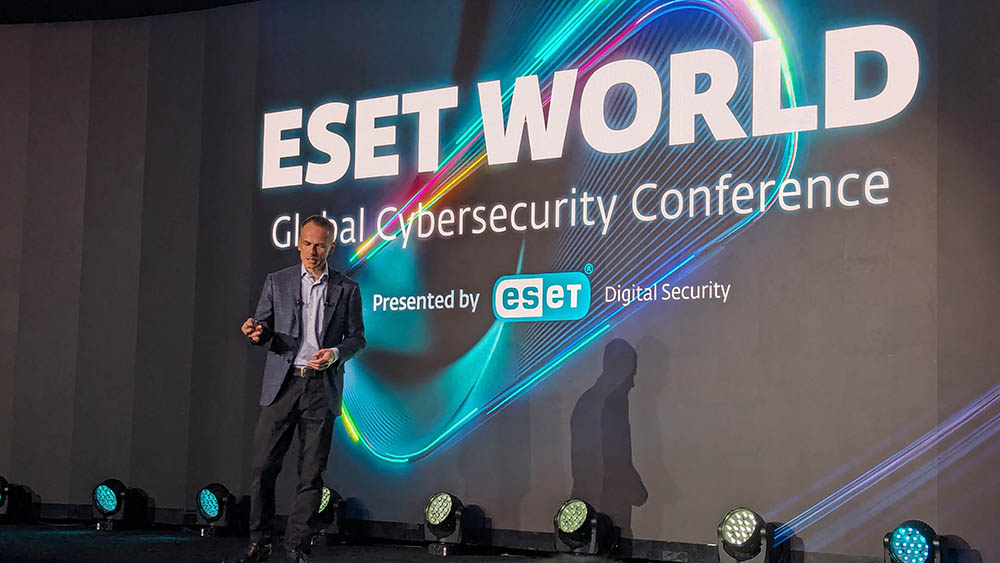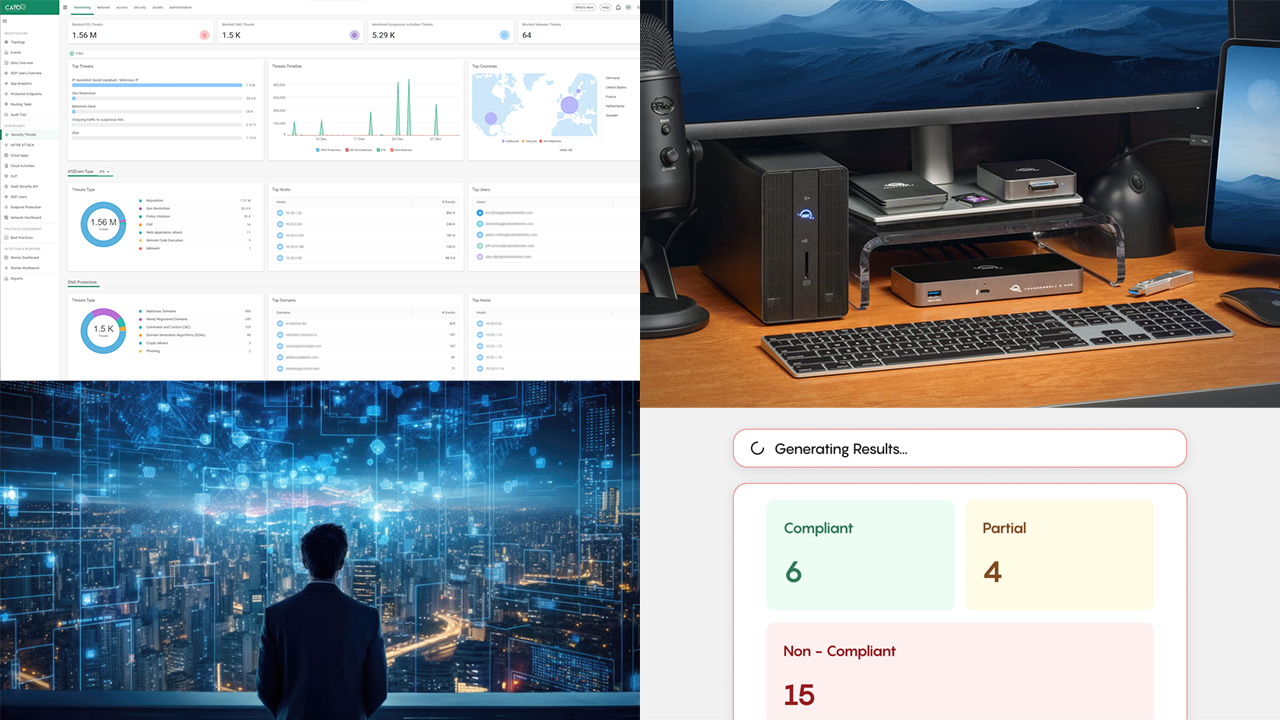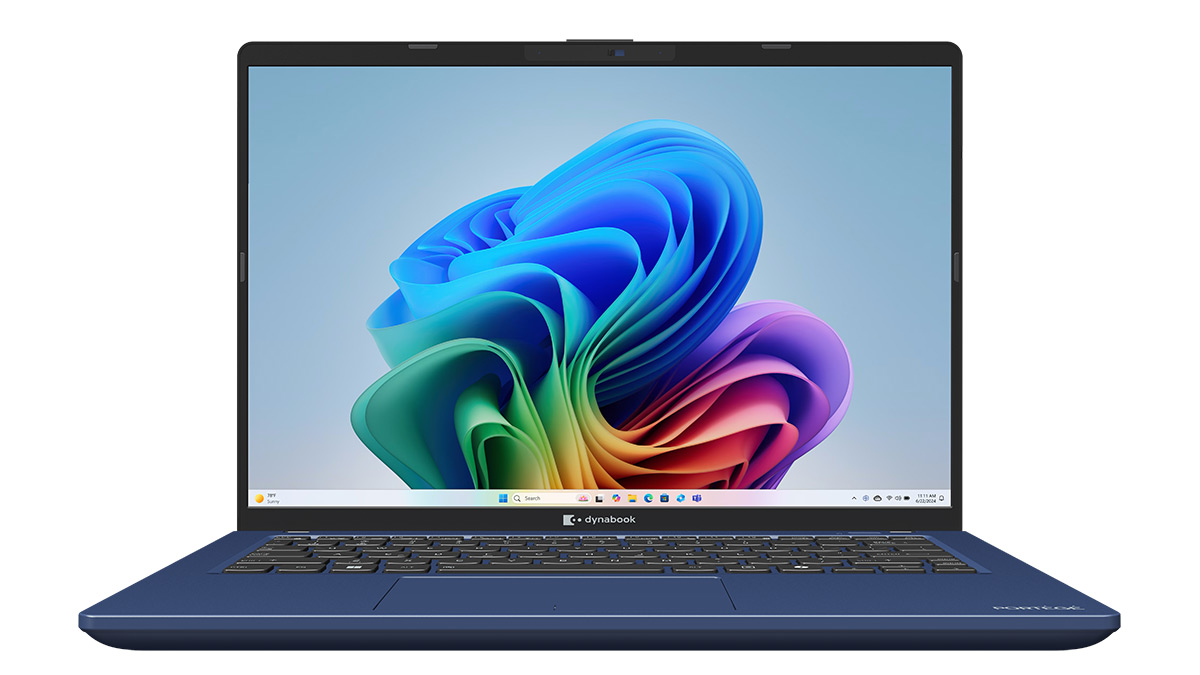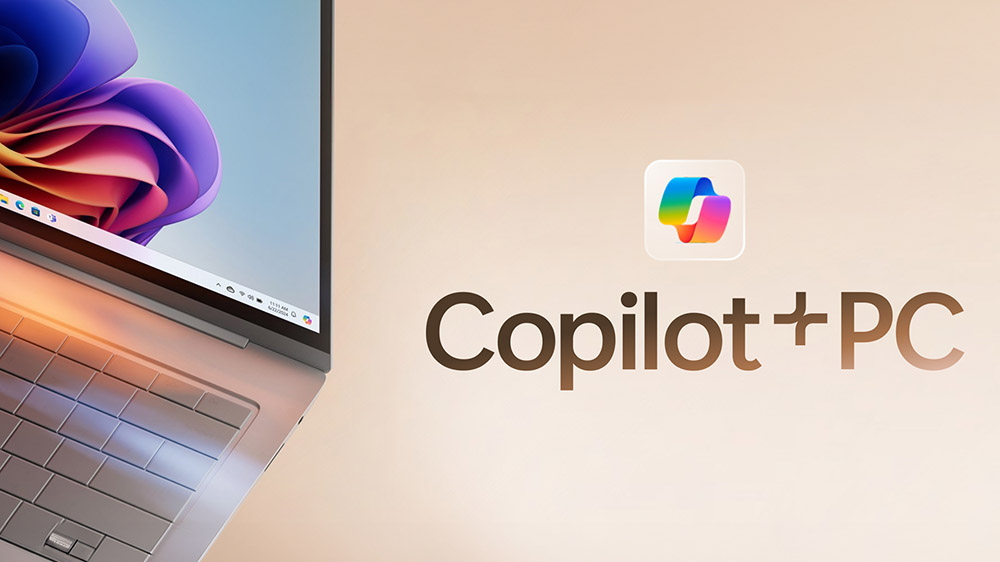With more products, better chip performance, and improved engagement with the channel this year, Intel makes good on promises made at ISS 2011. †
At the Intel Solutions Summit (ISS) in Las Vegas last year, Intel Corp. promised more products to go along with its new channel programs. This year, at the ISS in New Orleans, the Santa Clara, Calif.-based chip maker delivered on its promises, with improved channel conversations, three times more products, up to 80 percent gains in performance on motherboards and servers, and a good story on ultrabooks.
Steve Dallman, vice president and general manager of Intel’s worldwide reseller channel organization, admits the company has been learning from its reseller channel this past year. “Before, we’d say, ‘Congratulations, we’re here.’ Now we ask how we can help the resellers.”
Processors Go Triple Threat
Great products go a long way, of course. Dallman says that in 2012 Intel will scale out the products it promoted in 2011. “It’s been a long time since we’ve had a triple threat on desktop, mobile, and servers, all in one year,” he says, noting that while there’s no guarantee, “This is going to be a great year.”
For starters, the solid-state drive (SSD) market should mean $3 billion in revenue over the next couple of years. Plus, “Sandy Bridge hit a sweet spot,” says Dallman, “and has been far and away the best sales-ramping performance with resellers compared to earlier chip introductions.” The Intel K line of overclocked processors for gamers is another winner: While it serves a small market, it has an avid and connected fan base. Intel also made available an extended warranty that replaces the microprocessor, which gets rave reviews. “One reseller alone has sold over 600 licenses,” says Dallman. Moreover, 18 to 22 percent of CPUs with the optional vPro management feature were turned on when installed, meaning about 60,000 motherboards use vPro technology.
“It takes several years to design microprocessors,” says Dallman. “Now we try to understand what people want, and put those features in for faster acceptance.” For example, there have been numerous motherboard introductions that serve not only high-performance computing needs, but the needs of small businesses and everything in between.
The Ultrabook Story
Ultrabooks are appearing on the market now too. These light and secure mobile computers feature extended battery life and screens up to 17 inches wide, with many also offering an SSD that boots the system within seven seconds, and then switches to a more traditional hard drive. With ultrabooks from well-known global brands competing with customized models from resellers, there could be up to 75 different models available in 2012.
Expect an ultrabook price premium between $150 and $200 over similar laptops. But Intel believes some ultrabooks will drop to a $699 price point in the second half of the year. The company’s goal is to help the channel be successful, whether with “whitebooks” or branded ultrabooks from major vendors. “The bottom line with ultrabooks is that we enable an ecosystem the entire channel can take advantage of,” says Mike Ray, Intel’s North American channel sales manager.
To improve its channel, Intel has recruited about 51,000 new resellers globally, says Dallman, with 8,000 in the United States and several thousand more in Latin America. Though not pure integrators, these partners have been around for years, says Dallman, and “Intel finally caught up with them.” Many are managed service providers, for example, “tackling business problems we haven’t tackled before.”
The bottom line? The company driven in the past by chip performance is now looking in new directions. “With the consumer making more decisions, things have flipped around to have usage models drive the technologies,” says Dallman. “We have people live with families to watch how technology is used, and we design to those usage models. And the channel, as an entity, adapts so quickly it’s almost viral.”
One thing Dallman regrets is the amount of churn seen in the reseller channel, but he notes that growing markets have churn. He also asks resellers, “If you’re not participating in these growing markets, why not?”













